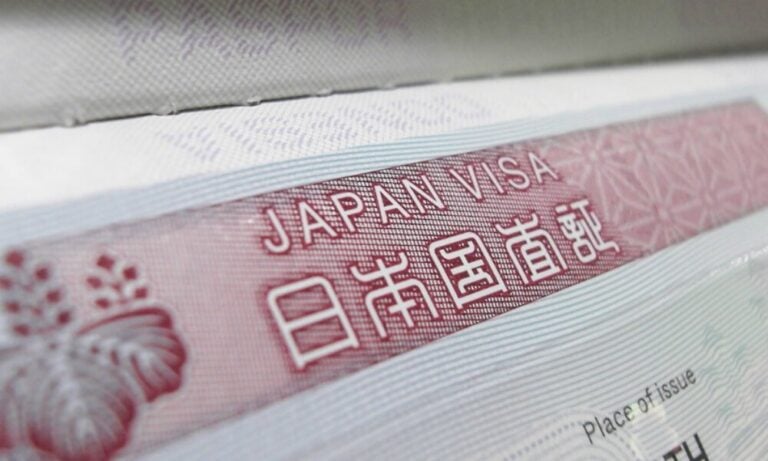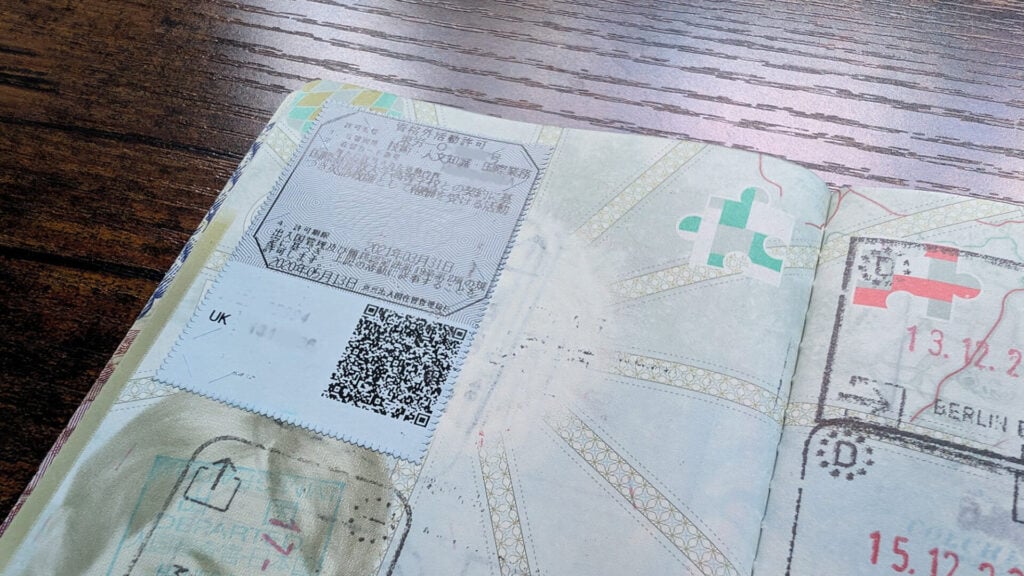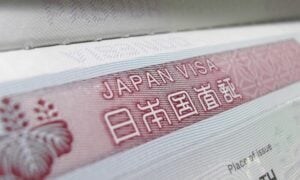
The Process and Key Points of Hiring Foreign Workers: From Visa Application to Starting Employment
When hiring foreign workers, do you ever have the following concerns?
- I don’t know how to go about the hiring process for foreign workers.
- I’m worried whether the visa application or renewal will go smoothly.
In reality, the procedures for hiring foreign workers in Japan are almost the same as for Japanese workers, including joining social insurance and calculating salaries. However, special attention is needed when it comes to obtaining, changing or renewing a work visa. If the visa cannot be obtained, you will not be able to legally employ foreign workers in Japan.
This article explains the specific procedures and important points to consider in three common cases when hiring foreign workers:
- When bringing in a foreign worker from overseas to work in Japan
- When hiring a foreign worker already residing in Japan (including those changing jobs)
- When hiring a foreign student in Japan as a new graduate
The Flow of the Foreign Worker Hiring Process

The process of hiring foreign workers is mainly divided into the following five steps:
Step 1: Preliminary Investigation
Before starting the interview process, it is essential to confirm whether the foreign candidate can obtain a work visa. If they cannot obtain a visa, hiring the candidate becomes impossible, so it is crucial to verify this from the outset.
Step 2: Offer and Employment Contract Preparation
After the interview and once the offer is extended, the next step is to prepare an employment contract. This contract is one of the required documents when applying for a work visa. When hiring a foreign worker, it is recommended to include specific clauses related to the work visa in addition to the usual content.
The contract should specify that the employer agrees to sponsor the employee’s visa and take responsibility for handling the necessary application processes with Japanese immigration authorities. This may include:
- The type of visa being sponsored (e.g., Specialist in Humanities/International Services, Engineer, etc.).
- Any commitments related to assisting with the renewal or extension of the visa during the employment period.
Example:
“The Employer agrees to sponsor the Employee’s work visa for the duration of the employment, and will assist in all required applications and renewals in compliance with Japanese immigration laws.”
Step 3: Work Visa Application
Based on the employment contract, the employer needs to apply for a work visa for the foreign worker. The application is submitted to the Immigration Bureau with jurisdiction over the company’s location, and the screening period usually takes 1 to 3 months.
Step 4: Visa Screening
During the visa screening, the Immigration Bureau considers the foreign worker’s academic background, work history, the financial condition of the company, salary level, etc. If the application passes, the foreign worker will be able to work legally in Japan.
Step 5: Starting Employment and Managing Visa Renewals
Once the visa is obtained, the worker can start employment. However, attention must be paid to the visa renewal period, and it is necessary to manage the residence period to ensure renewal procedures are completed before the visa expires.
From here, each step is explained in detail:
Importance of Preliminary Investigation: Confirming the Possibility of Obtaining a Visa

The first thing to check when hiring a foreign worker is whether they can obtain a work visa. Particularly for office work positions requiring the “Engineer/Specialist in Humanities/International Services” visa, the worker’s educational background and work history are significant factors.
For example, sales, engineering, or marketing positions each require academic and professional backgrounds relevant to their respective fields. If the foreign candidate does not meet these criteria, there is a high likelihood that they will not be able to obtain a visa.
Points to Check Regarding Academic Background and Work History:
Whether a foreign worker can obtain a visa depends mainly on their academic and work history. For instance, it is required that the field of study the foreign candidate majored in during university relates to the position they are being hired for. If their academic background is not related, over 10 years of work experience is required.
Preparing the Employment Contract and Visa Application
Once the offer is made, the employment contract must be prepared, and it is important to clearly state the conditions for obtaining the work visa in this contract. Specifically, adding a clause like “valid contingent upon the acquisition and renewal of the resident status” can help prevent future issues.
Since work visas are often issued for specific durations (1 year, 3 years, 5 years), the contract should clearly state how the employment term aligns with the visa duration. If the visa is not renewed or extended, the employment contract might end accordingly.
Example:
“The employment contract is valid for the duration of the Employee’s valid work visa, and may be terminated in the event that the Employee is unable to renew their visa or maintain their legal work status in Japan.”
Note:
While this does not affect the visa application, we have found that it is good practice to add a clause that explicitly states that the employment agreement is in compliance with, and subject to, Japanese Labor and Immigration laws. Foreign workers often think that the labor laws in their country are the same, which may not be the case.
Example:
“The employment relationship shall be conducted in accordance with Japanese labor and immigration laws. Both parties are expected to adhere to these laws and any relevant regulations pertaining to foreign workers.”
After completing the employment contract, the next step is to submit the visa application to the Immigration Bureau. The documents to be submitted at this stage include the foreign worker’s academic certificates, work history documents, and the company’s financial statements.
Ensure Your Company Meets Immigration Requirements
The Immigration authorities will assess your company’s ability to support a foreign worker. Be prepared to submit corporate documents such as:
- Company registration (登記簿謄本, tokiboto hon) showing that the company is legally registered.
- Financial records (e.g., profit-and-loss statement) demonstrating the company’s financial stability.
- Tax payment certificates showing the company has fulfilled its tax obligations.
If your company is new or has limited financial history, you may need to provide additional supporting documents to demonstrate that the foreign worker’s employment is secure.
Increase your chances – Prepare a Clear Job Description
As the Immigration authorities will assess whether the job duties fit the selected visa category. Make sure the job description is detailed, specific, and aligned with the worker’s qualifications.
Include clear details about the work duties, the level of responsibility, and how the job fits into the overall company structure. Avoid vague or overly broad job descriptions.
Example:
- Instead of just stating “IT engineer,” specify the exact tasks: “The employee will be responsible for developing software applications, managing cloud infrastructure, and providing technical support for the company’s IT systems.”

Work Visa Application Procedures for Different Cases
When Hiring a Foreign Worker from Abroad
When bringing in a foreign worker from abroad to work in Japan, the first step is to apply for a “Certificate of Eligibility” at the Immigration Bureau. Once this certificate is issued, the foreign worker can apply for a visa at the local Japanese embassy. The screening process usually takes 1 to 3 months, so it is recommended to start the procedure as soon as the hiring decision is made.
When Hiring a Foreign Worker Already Residing in Japan
When hiring a foreign worker already residing in Japan, it is necessary to check whether their current resident status is suitable for the new position. In the case of a job change, they need to obtain a “Certificate of Authorized Employment” to confirm that the new job is allowed under their current visa. If not, a visa change procedure will be required.
When Hiring a Foreign Student as a New Graduate
When hiring a foreign student residing in Japan as a new graduate, it will be necessary to change their visa from a student visa to a work visa. It is important to proceed with this procedure promptly once the offer is made. Particularly in the spring, the Immigration Bureau gets crowded, so it is advisable to begin the process around December of the previous year for a foreign worker starting in April.















